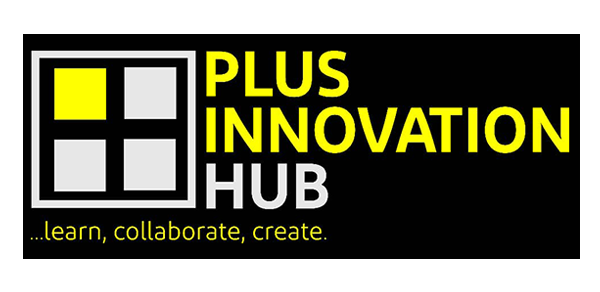The International Day of Education is celebrated on the 24th of January worldwide by the United Nations Educational, Scientific and Cultural Organization (UNESCO), every year demonstrating the unwavering political will to support transformative actions for inclusive, equitable and quality education for all.
This year, the sixth International Day of Education will be celebrated with the theme, “Learning for Lasting Peace”. Recently, the world has seen a surge of violent conflicts paralleled by an alarming rise of discrimination, racism, xenophobia, and hate speech, and due to these rising challenges, learning for peace must be a transformative process, enabling learners to gain essential knowledge, values, attitudes, skills, and behaviours, thereby empowering them to serve as catalysts for peace in their communities.
While STEM fields are often associated with technological advancements and scientific discoveries, their impact on peace and stability is profound. From an early age, children have access to explore the opportunities in STEM Fields through knowledge in computational thinking for problem-solving, coding, scientific inquiry, Engineering design thinking and Robotics, which can evolve to promote lasting peace.
Through the knowledge of STEM advancements in communication technologies, surveillance, and data analytics can be employed to monitor and address conflicts, facilitating diplomatic efforts. Skills developed during problem-solving and design thinking would help to develop solutions that can be applied in conflict resolution and peacekeeping.
In many underdeveloped economies, economic instability is a basic cause of conflict. STEM education is essential in building a knowledge-based economy in the 21st century which can contribute to stability and reduce the likelihood of conflicts by empowering individuals most especially young people with skills that lead to better economic opportunities, fostering a more stable environment.
Access to healthcare, disease prevention, and improved living conditions all play a role in creating stable and peaceful societies with Medical and health advancements, often driven by STEM.
In Space exploration, projects like international space missions showcase how shared goals and achievements can promote unity and cooperation. These in essence ensure collaborative efforts that bring nations together which is heavily influenced by STEM-related fields of knowledge
Essentially, these underscore the diverse ways by which STEM contributes to fostering enduring peace through the knowledge imparted by STEM education.
ETAPA Synergy is a non-governmental organization providing hands-on technology, renewable energy, and engineering training, synergizing education and entrepreneurship to reduce poverty in Africa. Based on these objectives, providing STEM and robotics education, particularly through hands-on technology, renewable energy, and engineering training in Africa, can contribute significantly to learning for lasting peace by addressing various social and economic challenges.
STEM and robotics education provide valuable skills and knowledge that empower individuals, especially youth, to participate in the global economy. By offering quality education, individuals gain the tools they need to pursue meaningful careers, reducing the likelihood of unemployment and poverty which is a major cause of conflict.
Integrating entrepreneurship into STEM education encourages individuals to develop solutions to local problems. These can lead to small businesses and start-ups, fostering economic growth and self-sustainability within communities. Also, offering training in renewable energy technologies is particularly relevant in Africa, where many regions face energy poverty. Teaching individuals how to harness and implement sustainable energy sources not only improves living standards but also contributes to environmental conservation. Reduced dependence on non-renewable resources can mitigate resource-related conflicts.
Through hands-on technology training communities can develop and maintain their infrastructure. Whether it’s building and maintaining renewable energy systems or implementing engineering projects, communities become more self-sufficient, reducing dependence on external aid and fostering a sense of ownership and pride.
STEM education and entrepreneurship initiatives can connect African communities to the global knowledge economy. This connectivity opens up opportunities for collaboration, trade, and cultural exchange, fostering mutual understanding and reducing the likelihood of conflict.
Integrating ethical considerations into STEM and entrepreneurship education helps develop responsible and ethical leaders. Ethical leadership is crucial for promoting social justice, equitable resource distribution, and inclusive development, all of which contribute to lasting peace.
By providing education in diverse STEM fields, communities can diversify their economies. Dependence on a single industry or sector can lead to economic vulnerability. Diversification helps create more stable and resilient economies, reducing the impact of economic downturns and potential sources of conflict.
In conclusion, providing STEM and robotics education, coupled with entrepreneurship training and a focus on renewable energy and engineering, not only equips individuals with valuable skills but also addresses poverty which is one of the root causes of conflict in Africa. STEM and the theme of learning for lasting peace are interconnected through various channels and Integrating STEM education and principles into broader efforts for lasting peace can create a foundation for a more stable and harmonious world. As individuals and communities thrive economically, social stability and lasting peace become more achievable.






